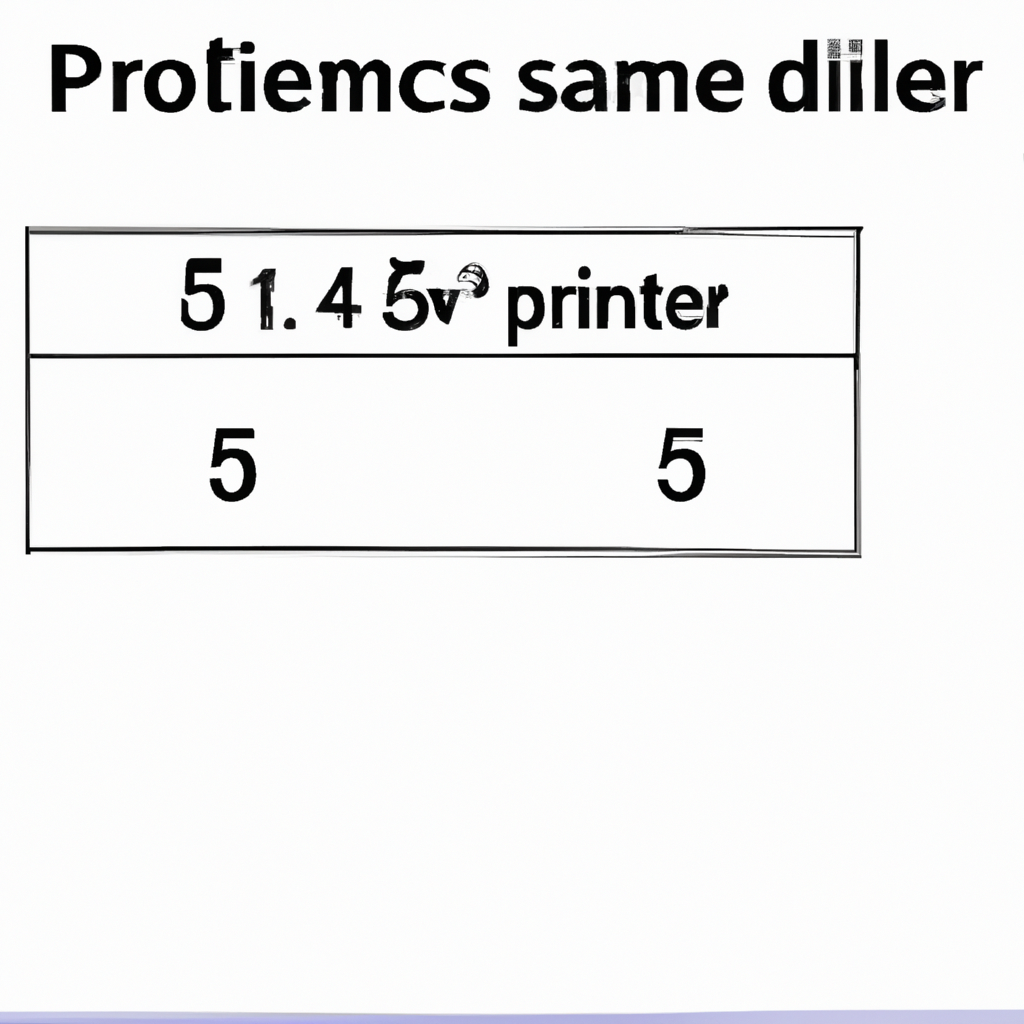What are the prime factors of 51?

In mathematics, prime factors are the prime numbers that divide a given number exactly, without leaving any remainder. To determine the prime factors of 51, we need to find the prime numbers that can divide 51 evenly.
Firstly, we start by dividing 51 by the smallest prime number, which is 2. However, 2 does not divide 51 evenly, as 51 is an odd number. Thus, we move on to the next prime number, which is 3.
We divide 51 by 3, and we get 17. It is important to note that 17 is a prime number itself, so we cannot further divide it. Therefore, the prime factors of 51 are 3 and 17.
Therefore, the prime factors of 51 are 3 and 17, and their product is equal to 51. It is fascinating how numbers can be broken down into their prime factors, which are the building blocks of all numbers.
In conclusion, the prime factors of 51 are 3 and 17.
What are the primary factors of 51?
In mathematics, factors are numbers that divide evenly into a given number without leaving a remainder. The primary factors of a number are the smallest and distinct prime numbers that can divide the given number.
51 is a composite number, meaning it has factors other than 1 and itself. In order to find its primary factors, we need to determine all the prime numbers that divide evenly into 51.
By performing prime factorization of 51, we find that it is divisible by 3 and 17. Therefore, the primary factors of 51 are 3 and 17.
Let's verify this by checking if both 3 and 17 divide evenly into 51. When we divide 51 by 3, we get a quotient of 17 with no remainder. Similarly, when we divide 51 by 17, we also get a quotient of 3 with no remainder.
So, the primary factors of 51 are indeed 3 and 17, as they are the smallest and distinct prime numbers that can divide evenly into 51.
What are the prime numbers up to 51?
Prime numbers are integers greater than 1 that can only be divided by 1 and themselves without leaving a remainder. These numbers are unique and have no other factors aside from 1 and the number itself. Prime numbers play a significant role in number theory and various mathematical applications.
The prime numbers up to 51 are:
- 2: The smallest prime number. It is the only even prime number.
- 3: The next prime number after 2. It is the smallest odd prime number.
- 5
- 7
- 11
- 13
- 17
- 19
- 23
- 29
- 31
- 37
- 41
- 43
- 47
- 51: Although 51 is not a prime number, it has been included for reference as the question specifies prime numbers up to 51.
These are all the prime numbers up to 51. It is important to note that as numbers get larger, finding prime numbers becomes more challenging. Advanced mathematical techniques and algorithms are used to discover larger prime numbers.
Prime numbers have fascinated mathematicians for centuries, and their properties continue to be studied and explored. They have applications in cryptography, number theory, and various other fields. Understanding prime numbers is crucial for many branches of mathematics and has practical implications in areas such as computer science and data encryption.
What are the four factors of 51?
51 is a positive integer that has four factors. Factors are numbers that divide evenly into a given number. In the case of 51, the four factors are 1, 3, 17, and 51.
Let's break down these factors:
- 1: 1 is always a factor of any number as it divides evenly into every number without leaving a remainder.
- 3: 3 is another factor of 51. When we divide 51 by 3, we get 17 with no remainder.
- 17: 17 is also a factor of 51. When we divide 51 by 17, we get 3 with no remainder.
- 51: Lastly, 51 is a factor of itself as any number divided by itself will always result in 1 without a remainder.
Therefore, the four factors of 51 are 1, 3, 17, and 51. These are the only numbers that divide evenly into 51 without leaving a remainder.
Knowing the factors of a number can be useful in various mathematical calculations and problem-solving.
What is the prime composite of 51?
When we talk about numbers, we often classify them as either prime or composite. Prime numbers are numbers that are only divisible by 1 and themselves, whereas composite numbers have additional factors besides 1 and themselves.
In the case of 51, it is a composite number. To determine its prime composite factors, we need to find all the numbers that divide evenly into 51.
Factors of 51 include 1, 3, 17, and 51. Since 51 has more factors than just 1 and itself, it is considered a composite number.
Therefore, the prime composite of 51 is 3 and 17 as they are the additional factors beyond 1 and 51 that divide evenly into 51.
Understanding the classification of numbers as prime or composite is essential in various mathematical applications, such as prime factorization, finding greatest common divisors, and solving equations involving divisibility.
